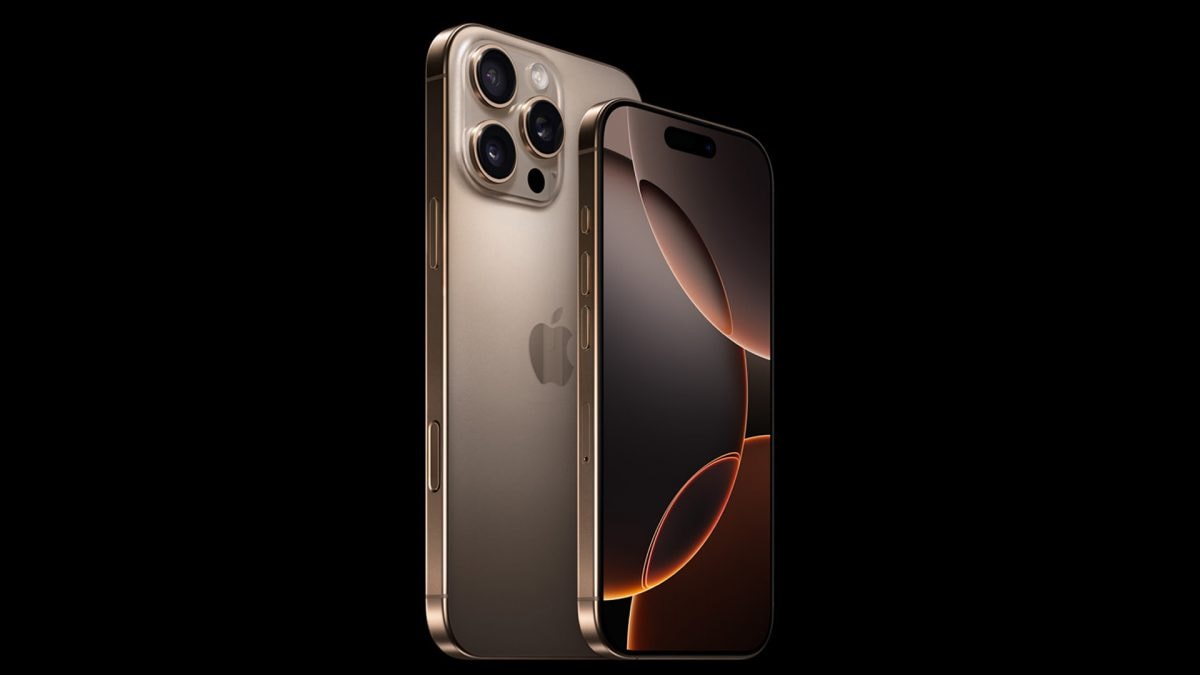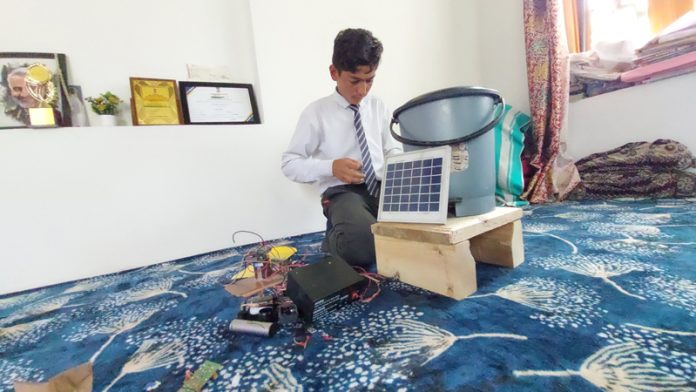
iOS 18 is reportedly causing significant touch sensitivity issues for users of the new iPhone 16 Pro Max, as well as older iPhone models that have updated to the latest operating system. Users have been experiencing instances where their touchscreens fail to register taps, swipes, and other gestures. The problem does not seem to be consistent; instead, it often resolves itself after a few moments, only to reoccur later.
The issue appears to be most prominent on the iPhone 16 Pro and iPhone 16 Pro Max, but it is not limited to these models. Users of older iPhones, as well as certain iPad models, have also reported similar problems, suggesting that the issue may be rooted in iOS 18 itself rather than in the hardware of the new devices. The cause of the problem seems to be linked to the touch rejection feature in iOS 18, which is designed to differentiate between accidental and intentional touches.

Reports indicate that this feature may be overly sensitive, leading to taps and gestures being mistakenly ignored by the device. This issue was highlighted in detail by 9to5Mac and has been observed by users across various online forums. While it remains unclear how widespread the problem is, users have noted that the issue can sometimes be triggered intentionally, as demonstrated by a Mastodon user.
Additionally, some have reported difficulties specifically related to the new Camera Control button, though it is uncertain whether this is connected to the same touch rejection problem. Given that the issue affects both newer and older devices, it is likely a software bug rather than a physical defect with the iPhone 16 Pro series. A similar issue occurred with the iPhone 12 mini in 2020, which was later attributed to screen protectors and cases interfering with touch sensitivity.
However, in the current scenario, the root cause seems to lie within iOS 18 itself..














